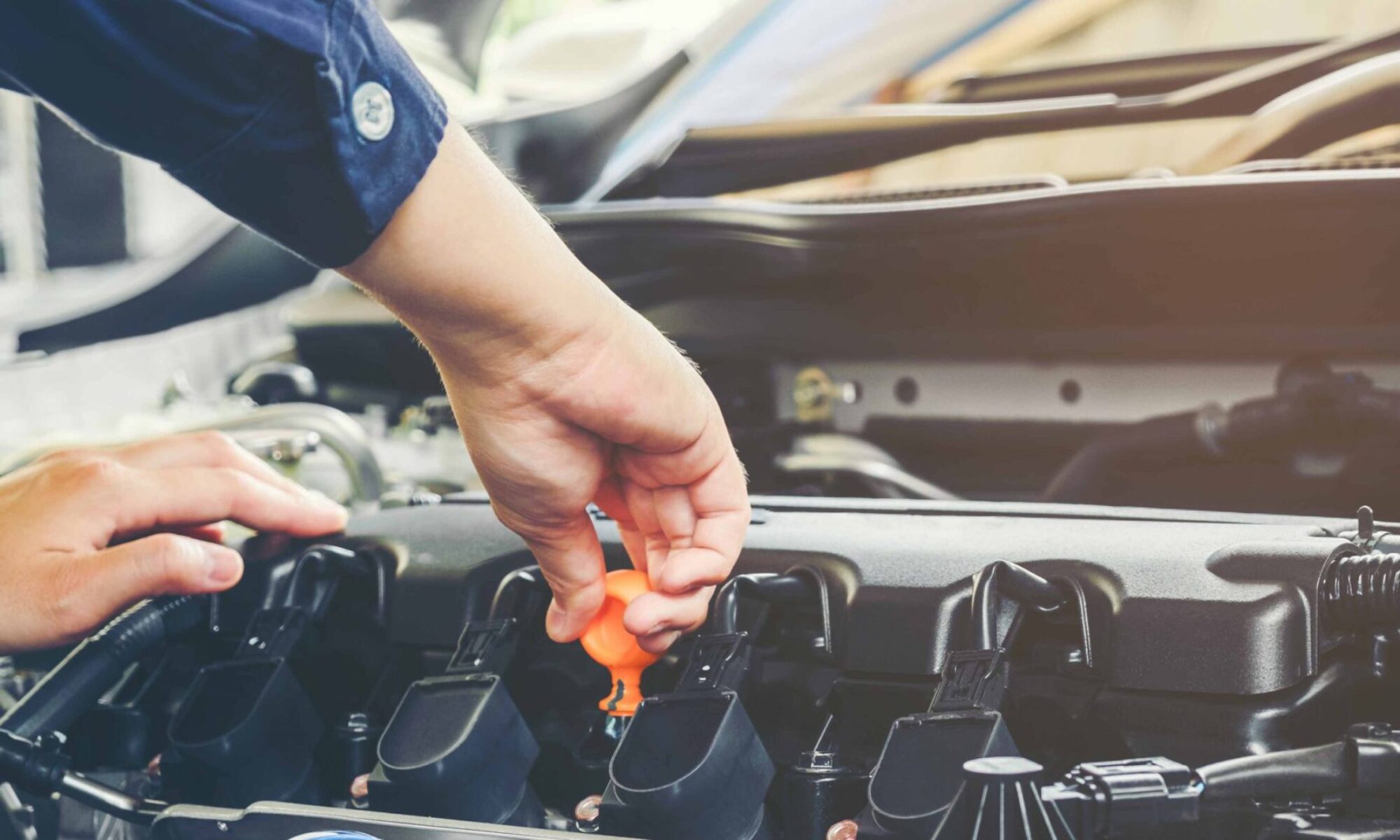
This article will cover DIY help for diagnosing overheating on a gasoline engine. There are many possible causes of overheating. But before we get started, it’s important to take a couple minutes to talk about what you should do when it happens to you.
Overheating can cause extreme damage to your vehicle so, if possible, it’s important to stop driving immediately. Get safely to the side of the road, turn your vehicle off, and call for a tow. If you can’t safely stop the vehicle and have it towed, here are a few tricks you can try to get a little farther down the road. Firstly, check your fluid level. You should never remove the cap on a cooling system on a hot vehicle. Hot coolant and steam can seriously injure you. However, if necessity dictates, cover the cap with a towel and remove it slowly, being sure to keep any escaping coolant from touching any belts or electronics. You can top off your level with pure water as long as the car can be repaired before it might freeze. In some cases, turning on your air conditioner with the temperature selector moved all the way to hot will also cause your vehicle to cool down while you drive to a safe location to stop.
Now on to diagnosing the problem. The following list of possible causes are presented roughly in the order of likelihood that they are the cause of the problem.
-Low coolant level. This can be a result of loss to evaporation over time but is more frequently a result of a leak or a malfunctioning radiator or cooling system cap.
-Cooling fan malfunction. Electric cooling fans can develop bad motors or problems in the system that switches them on, such as their relays and coolant temperature sensors. Belt-driven cooling fans can stop working because of a missing belt or a malfunctioning fluid coupling.
-Thermostat stuck closed. The thermostat is usually closed when the engine is cold, preventing cooling flow and helping the engine to warm up to operating temperature. When it sticks closed, it can cause overheating. It can sometimes be identified by observing that one radiator hose is hot while the other remains cold.
-Engine cylinder head sealing issues. This fairly common issue is serious and will have to be diagnosed with special equipment. Sometimes, exhaust gases can pass into the coolant, causing it to heat beyond its normal temperature. This can also be a source of a coolant leak. This can also be the result of overheating due to one of the other listed causes.
-Water pump damage. Rarely, water pumps will lose the fins on their impellers. This can cause coolant to fail to flow.
-Soft radiator hoses. Radiator hoses are designed to be somewhat stiff so that they don’t get sucked flat by the forces of the water pump. Sucking flat can cause coolant to stop flowing.
-Air bubble in the system. While most systems will automatically flush out any air in the system that might be causing the flow of coolant to stop, some can require a special mechanic’s suction tool to remove the air. A loss of heat in the climate control air has been noted as a possible symptom of this problem.
-Radiator fin obstruction. Road debris can cause the fins of the radiator to fold over, preventing the flow of air through the radiator. Sometimes, debris in the air such as plant seeds can have a similar effect.
-Radiator core obstruction. Rarely, a buildup of a crystalline substance can occur if the coolant has not been changed frequently enough or a muddy substance can build up if Dex-cool has been mixed with regular coolant.
-Problems with wiring and computer circuit boards. Other problems such as cut or corroded wires or damaged vehicle computers can cause control circuit malfunctions leading to overheating.
-Lean air-fuel mixture. Very rarely, problems in the air-fuel mixture can cause overheating because of complex issues related to instances when the burning of fuel can act as a coolant rather than a source of heat.
Hopefully this list has been helpful in finding your overheating problem.
Safe driving!

